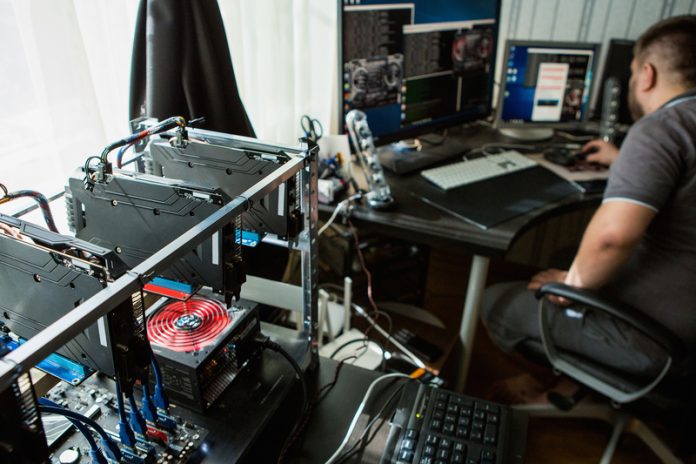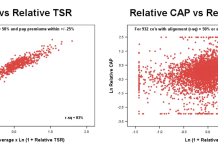A new study has revealed that there is major concern amongst brits about unwarranted bitcoin mining on their personal computers
Cryptocurrency mining, is a function whereby computers solve complex mathematical problems to verify recently made transactions before they are added to the publicly available digital ledger known as blockchain.
Miners need to be able to facilitate huge amounts of computing power needed to continually work through the mathematical problems and generate more of a given cryptocurrency.
Unfortunately, due to the high cost of acquiring all the necessary computing infrastructure, it’s an investment many cannot afford to make.
Those desperate to overcome this barrier and capitalise on the current popularity of cryptocurrencies, may still do so through corrupt ways.
One of the main ways in which this has transpired is by hackers finding websites which have poor site security or web software bugs and then exploiting these flaws by inserting a code which covertly harnesses the processing power of a visitor’s computer to mine a cryptocurrency.
Statistics by anti-virus provider Kaspersky Lab show that they have so far detected 1.65 million computers in 2017 infected by malware which has installed mining software without the permission of users/owners.
Reboot Marketing analysed findings from YouGov and identified brits attitude towards those hijacking their personal computer to mine bitcoin.
The research revealed:
- 84% would want to be asked permission before their personal computer is used for mining bitcoin.
- 83% would be worried about the security of their personal data being compromised as result of bitcoin mining on their computer.
- 70% say they would be concerned about who gets the money raised from mining bitcoin on their personal computer.
- 68% would be unhappy with companies using their personal computers processing power to analyse or mine bitcoin.
- 62% fear bitcoin mining could damage their personal computer in some way.
- 48% would not be open to bitcoin mining on their personal computer even if it reduced online advertising on websites.
James Robinson, a Senior IT Analyst commented: “It’s a shame certain individuals and groups see best fit to mine cryptocurrencies in such a way. Not obtaining permission before carrying out this practise is intrusive and unwarranted.
“It’s also adding another unwelcomed association to the existing negative perceptions of cryptocurrencies. With scripts being developed, in the form of web extensions, to prevent browsers from being hijacked by opportunist cryptocurrency miners and more cyber-security measures on the way – it’s hoped this so-called ‘cryptojacking’ does not gain any more momentum”.
Shai Aharony, Managing Director of Reboot Marketing commented: “Cryptocurrency mining is a computationally intensive task. It requires a hefty number of devices to access their processing power.
“Unfortunately, due to the financial constraints of setting-up a sizeable network of computers, hackers have adopted genuine cryptocurrency mining tools in a dishonest way, by hiding code on websites to mine a cryptocurrency on the computers of unwary visitors. It’s a process used primarily for personal gain to capitalise on the current boom in cryptocurrencies. This research certainly shows that Brits are not too fond of the practise, with the majority rightly concerned about their personal data being breached”.











